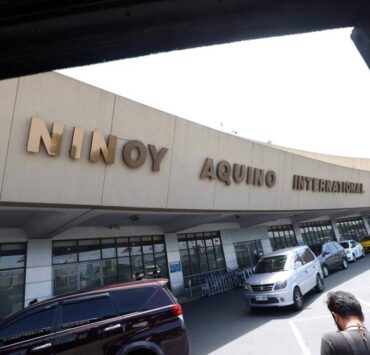Japan Embassy confirms Marcos-Ishiba meeting
The Philippines and Japan have laid out plans in enforcing the historic Reciprocal Access Agreement (RAA) that the two countries signed last July after years of discussions.
The RAA is a visiting forces of agreement that allows greater military cooperation amid increasing security tensions in the Southeast Asian region.
According to the Japanese embassy in Manila, President Marcos and newly elected Prime Minister Shigeru Ishiba held informal talks on Thursday on the sidelines of the Association of Southeast Asian Nations (Asean) summit in Laos. The embassy said Mr. Marcos congratulated Ishiba for his recent inauguration.
“President Marcos also expressed that he was delighted to see the strengthening of bilateral relations between Japan and the Philippines as well as the progress in Japan-United States-Philippines cooperation, and that he would like to further enhance cooperation with Prime Minister Ishiba,” the embassy said in a statement.
Ishiba responded by reciprocating Mr. Marcos’ enthusiasm for their two states’ growing alliance and proposed to further deepen cooperation with Manila “in the midst of an increasingly challenging regional security environment.”
Mr. Marcos and Ishiba also confirmed they will move with the procedures for the “early entry into force” of the RAA. Talks about the RAA, Japan’s term for a VFA, date back to the 1990s after the Philippines signed a VFA with the United States.
Joint military exercises
However, discussions about an RAA was moved until after Manila concluded a status of visiting forces pact with Australia in 2007.
The RAA talks resumed only in earnest in 2023 until the Philippines-Japan Reciprocal Access Agreement was signed in July 8, 2024. It was the first RAA Japan signed with a Southeast Asian nation and the third such agreement signed by the Philippines after its pacts with the United States and Australia.
Under the RAA, Philippine and Japanese forces are allowed to be deployed on each other’s soil for joint military exercises and operations. The agreement also streamlines the entry of military equipment and supplies for both countries.

















